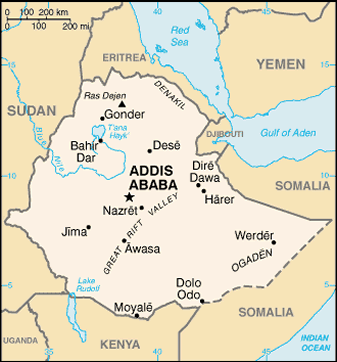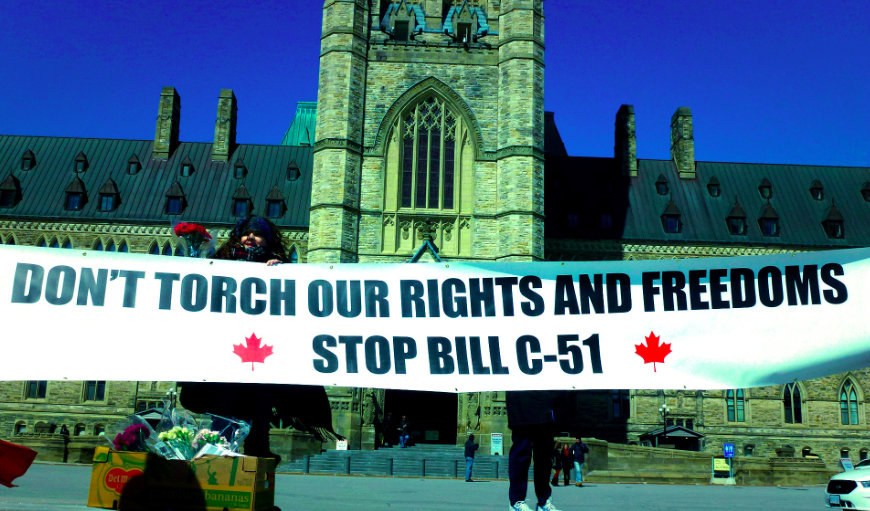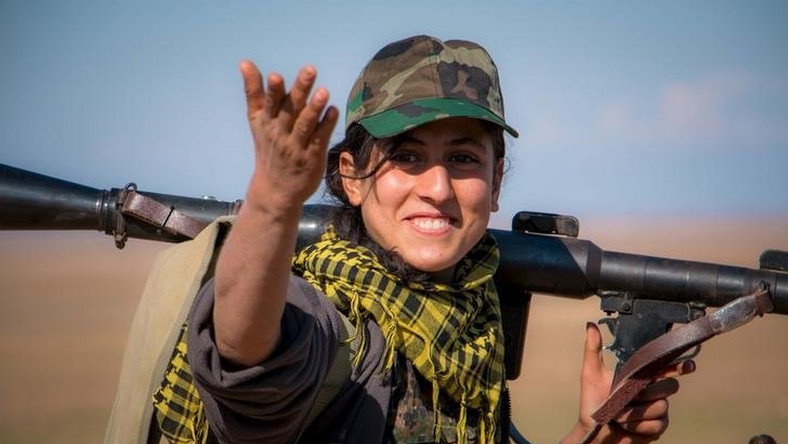Devastated by famine in the 1980s, Ethiopia has spent the last two and a half decades recovering from the void created by the dismantling of the USSR. This was the African nation’s sole source of aid up until the coup, which ousted the Ethiopian junta in 1991. The second most populous state on the continent, Ethiopia’s progress from an economic point of view has drawn international recognition, and the country now enjoys status as one of the international aid community’s darlings. This, however, has come at a steep price. Economic development has in effect become Ethiopia’s be-all and end-all. Human rights have been forced to take a back seat and wait for the day when Ethiopia can shift its focus from economic development to the humane treatment of its population (if such a day ever comes).
‘There is no connection between democracy and development’
Ethiopia’s ex-prime-minister, Meles Zenawi, is not a man held in the highest of regards by champions of human rights, having stated that ‘there is no connection between democracy and development’. In spite of his candour and bluntness, the late Mr Zenawi’s summary of Ethiopia’s domestic political situation is too kind. Ethiopia isn’t merely guilty of prioritizing economic development, evident in grand infrastructural projects such as the construction of sky-scrapers, a monorail system and a multitude of shopping malls and offices in Addis Ababa; it does so at the expense of its population’s human rights.
This is not to say that Ethiopia has neglected its population. If we are to accept figures quoted by the United States Agency for Infrastructure and Development (USAID), the Ethiopian government has done a good job of redistributing aid among its population: the number of emergency food beneficiaries has allegedly declined more than fivefold in 11 years, dropping from 15 million people in 2003 to 2.7 million in 2014. Furthermore, the number of deaths per 1,000 live births has dropped from 134.3 in 1984 (when the severity of the famine hit its peak), to 44.4 in 2013.
However, while neglect may not be the main issue, human rights violations take place systematically and on a wide scale. These don’t simply stem from policies such as the displacement of entire villages with little compensation, to make room for commercial agriculture, but also the abuses that go along with such policies: rape, torture, threats, and beatings. This particular programme of displacement, masquerading under the name of ‘villagisation’, has led one farmer to attempt to take the UK government to court, on account of the latter’s indirect role in funding the atrocities.
Although favouring economic development over the population’s human rights is by no means excusable, it might perhaps be comprehensible, though not acceptable, if the government deemed development a prerequisite for a fully functioning society where human rights are implemented and respected (although this is contentious, as nothing can truly justify abusing one generation to provide for the next).
The argument is moot, however, as the Ethiopian government’s abuses do not stop at mass displacement, villagisation schemes and the ground-level abuses that accompany such policies. Human rights abuses permeate society and are institutionalised and inscribed in legislation through such laws as the country’s anti-terrorism ones. There are severe restrictions on civil liberties such as freedom of expression, evident in the government’s extensive and highly-sophisticated surveillance programme. Furthermore, freedom of association and peaceful assembly are heavily curtailed, while the afore-mentioned anti-terrorism laws have led to the likely life-long incarceration of opposition leaders and journalists. It comes as little surprise that these human rights violations are joined by what might as well be a single party system: there is only one opposition MP in Ethiopian parliament.
Clearly the image of Ethiopia as a model for development disguises the true state of affairs within the African country.






